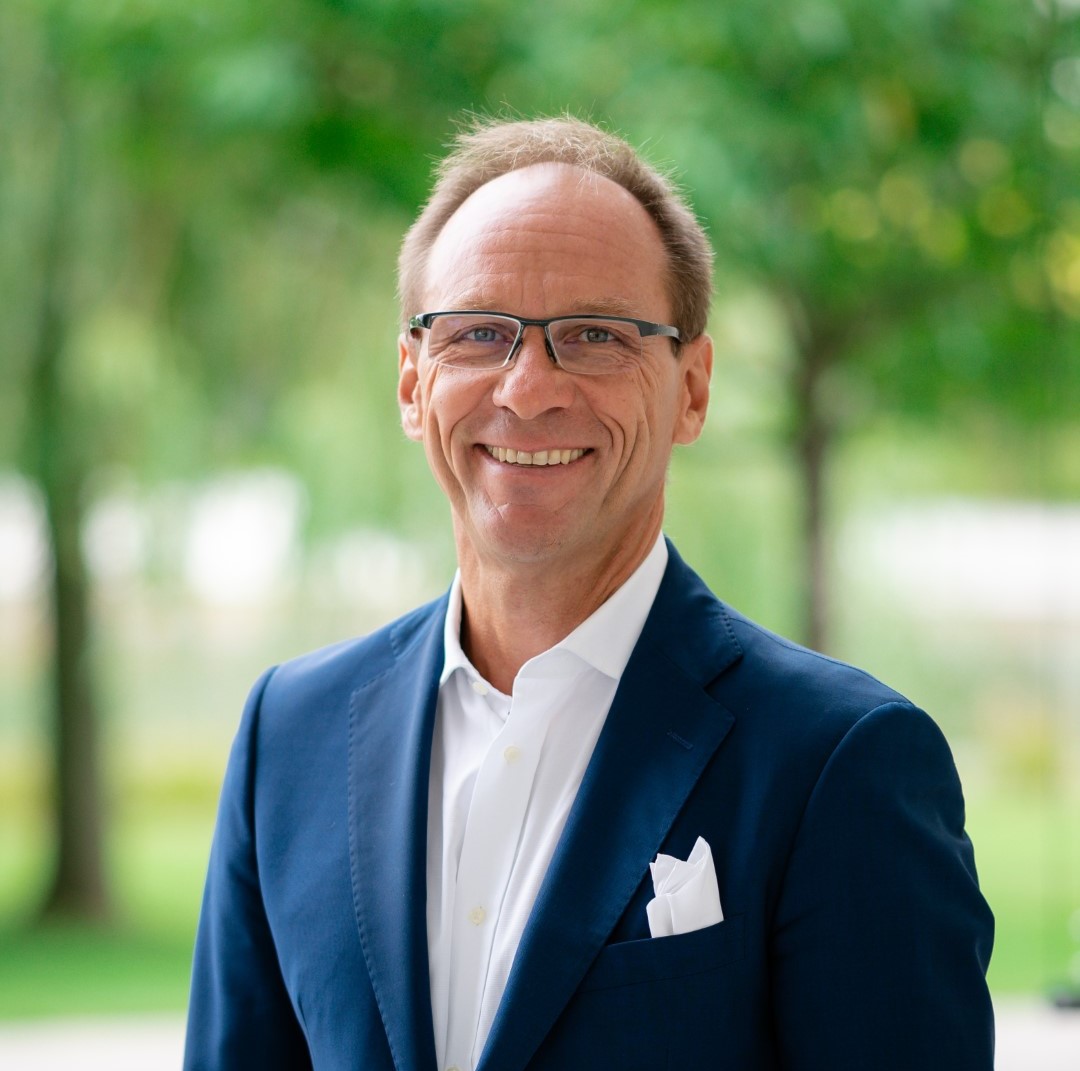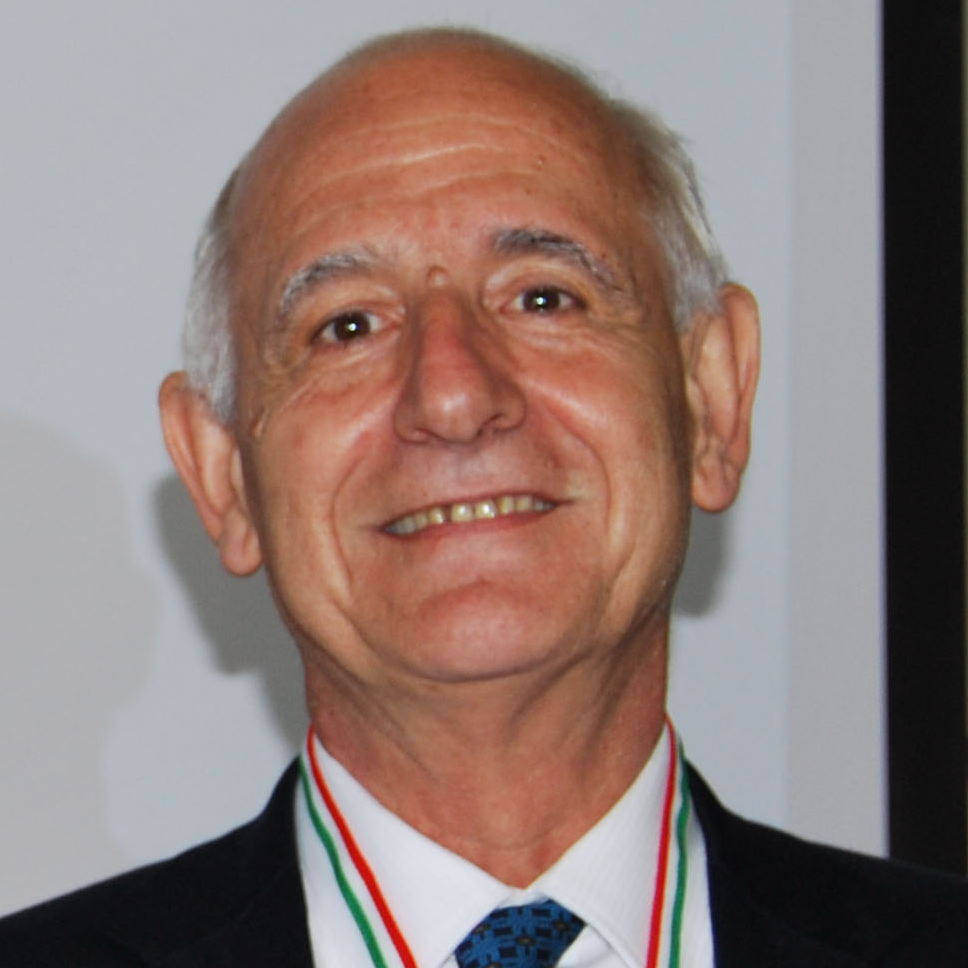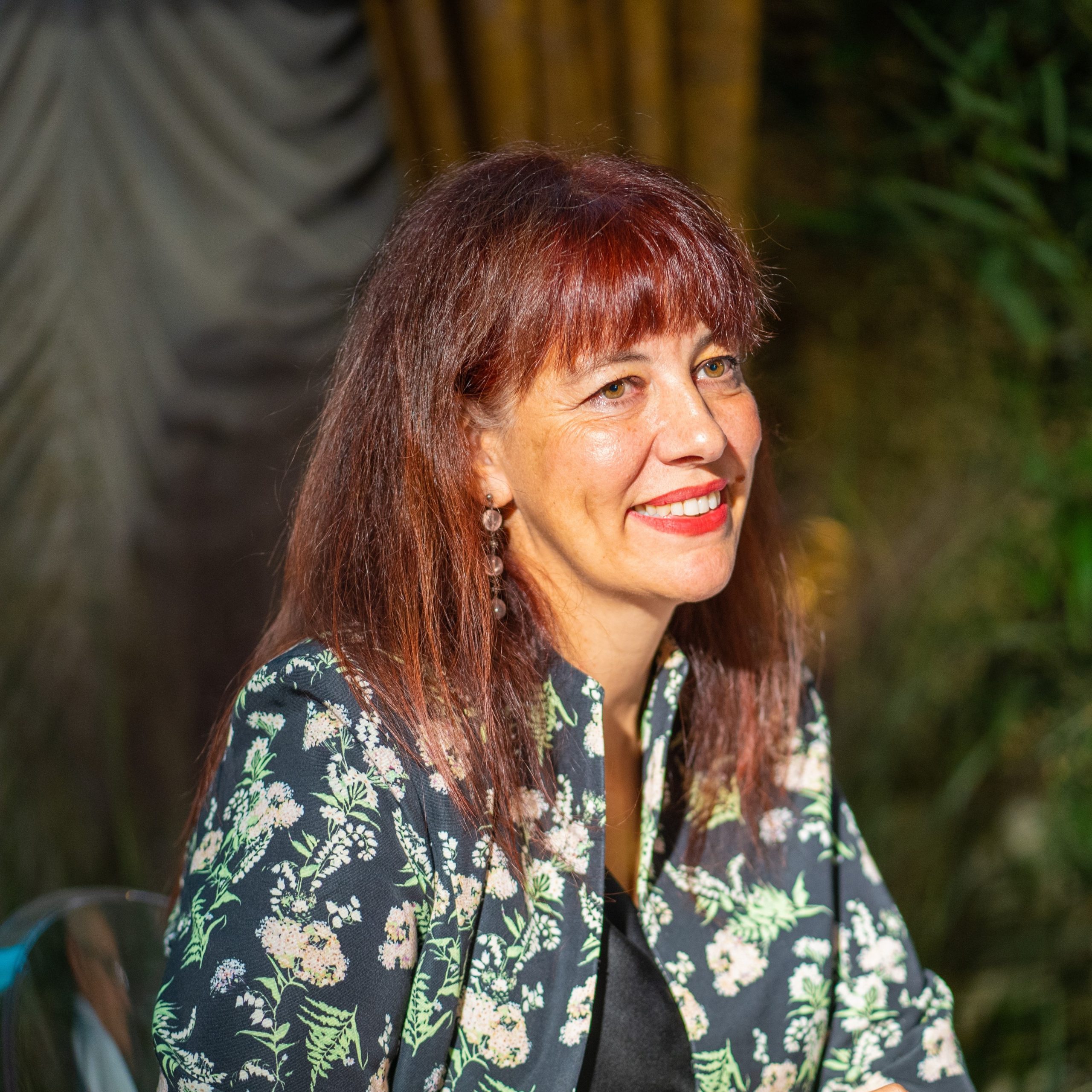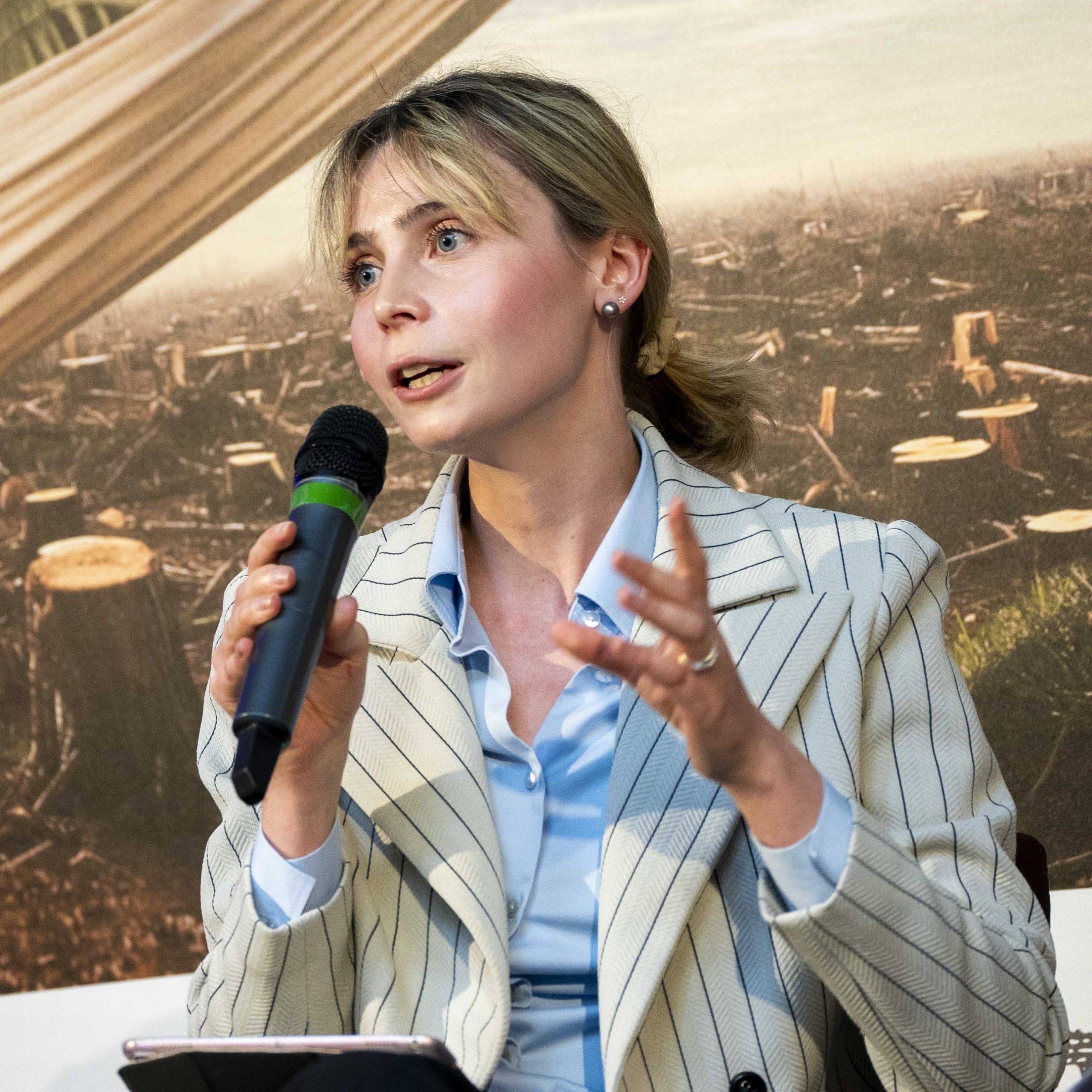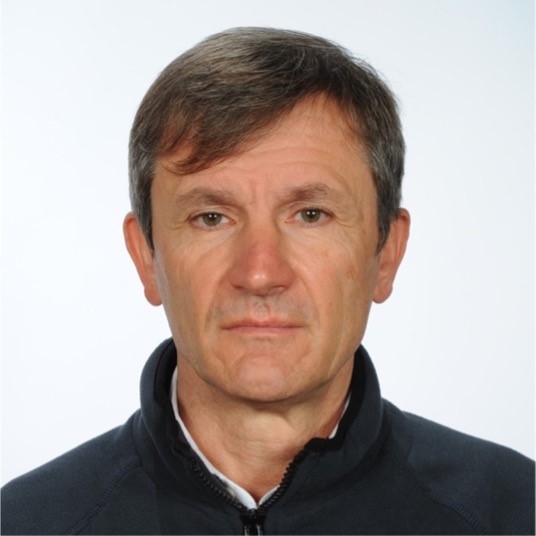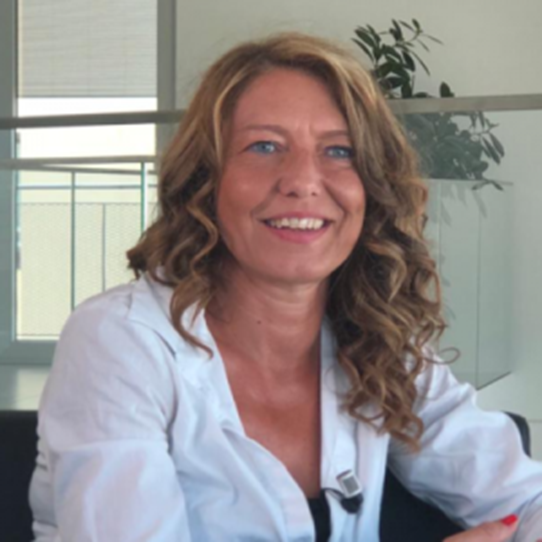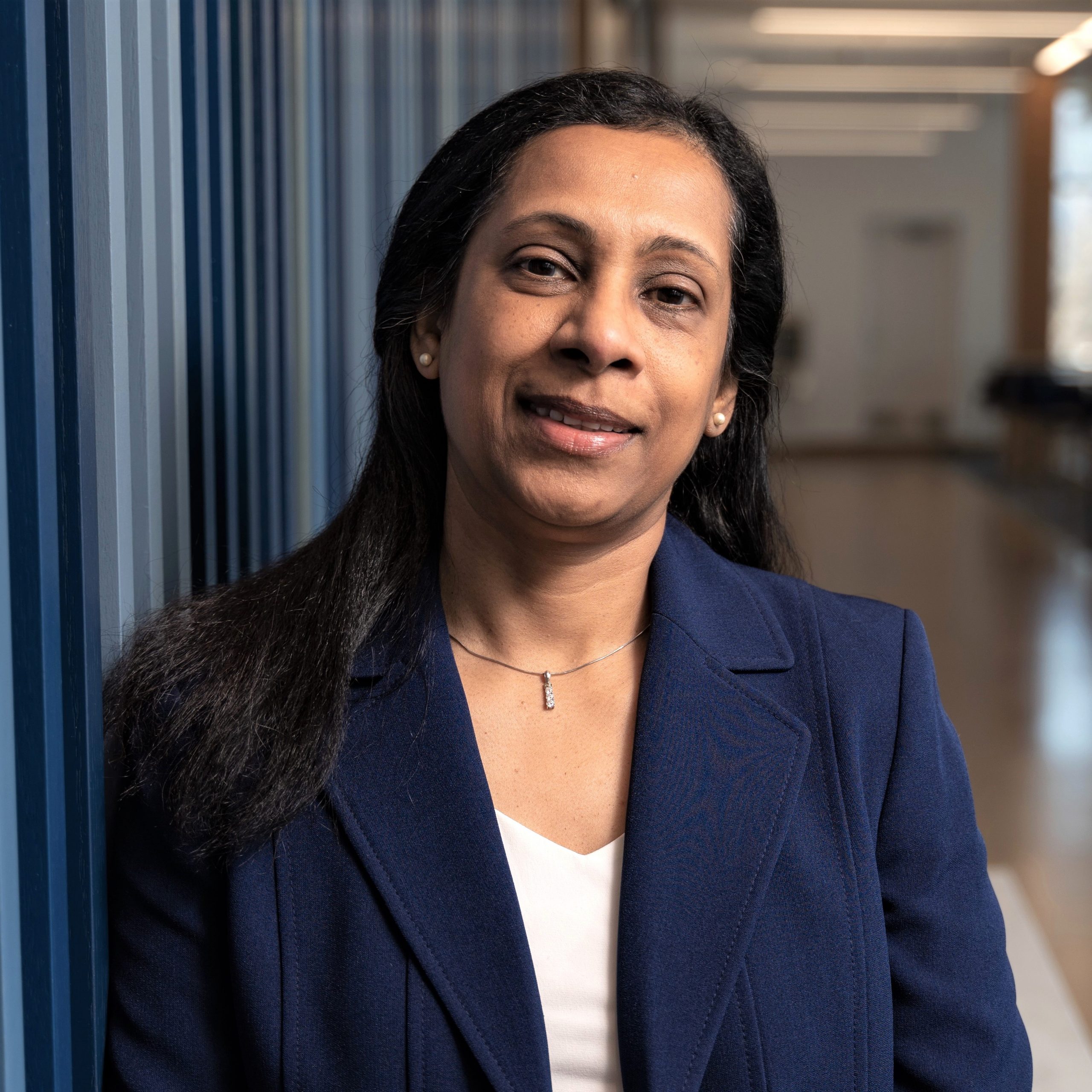Dr.-Ing. Rainer Stetter
Chief Executive Officer, ITQ GmbH
Founder, Smart Green Island Makeathon
Title:
Modern Education for a Sustainable Life
Technological sovereignty, sustainability and digitalisation – Europe faces major challenges. Dr Rainer Stetter, CEO of ITQ GmbH, pursues a clear vision with his educational approach: to inspire young people to take an interest in technology at an early age, promote practical skills and enable them to play an active role in shaping a sustainable future.
At the heart of this strategy is a cross-generational, scalable educational approach that combines theory with practice and education with industry. The SMART GREEN ISLAND MAKEATHON serves as a blueprint for this: interdisciplinary teams of students develop innovative prototypes there in a very short time – a model that can be adapted across Europe. And it has already found many imitators.
This format is supplemented by STEM workshops and the EU-funded EduDemoS project, which brings technological demonstrators – for example, on robotics, recycling or renewable energies – to schools. Students act as coaches for children and young people, which has both an educational impact and a multiplier effect.
This systemic approach provides direct access to talent, promotes relevant future skills and makes a concrete contribution to solving the shortage of skilled workers in Europe.
Conclusion for decision-makers:
Those who view education as a strategic tool will recognise this as an effective model – scalable, practical and ready for transfer to business, schools and society.
Prof. Roberto Teti
Director of the Fraunhofer Joint Laboratory of Excellence on Advanced Production Technology (Fh J_UniNaples), University of Naples Federico II
Title:
Biologicalisation – The Biological Transformation in Manufacturing: A New Convergence Between Biology and Engineering
The Biological Transformation, or Biologicalisation, in Manufacturing has been defined as a ground-breaking frontier that industry can harness to improve circularity and sustainability while increasing production efficiency and competitiveness through technological advances arising from the integration of bio-intelligent principles, functions, structures, materials and technologies in manufacturing engineering by applying knowledge derived from biology. To achieve such accomplishments, a convergence of biology and biotechnology, manufacturing processes and systems, information technology and ICT systems is essential for a breakthrough innovation change.
The first part of the keynote presentation reports on an ambitious international study carried out on the topic of the convergence between biology (the biosphere) and manufacturing engineering (the technosphere). Four demonstrators from different sectors of the manufacturing value chain and involving bio-inspiration, bio-integration and bio-intelligence were selected to test the focal hypothesis that: “Future Manufacturing Systems will incorporate Components, Features, Characteristics and Capabilities that enable the convergence towards Living Systems”.
The second part of the presentation relates to first EU call topic on Biologicalisation, titled “Development of technologies and devices for bio-intelligent manufacturing”, published in 2022 within the Horizon Europe Programme. In response to this call, the project “A Modular Framework for Designing and Producing Bio-Hybrid Machines (BHM) – BioMeld“ was successfully submitted and approved with duration 2023-2026. The ‘BioMeld’ project achievements are illustrated with regards to the integration of biological and artificial materials to achieve greater autonomy, flexibility and energy efficiency in the realisation of a BHM consisting of a bio-hybrid vascular catheter as innovative medical device for improved drug delivery in hard-to-reach areas of the human body.
Dr. Serenella Sala
Head of the Land Resources and Supply Chain Assessment Unit of Directorate D - Sustainable Resources, Joint Research Centre (JRC)
Title:
Safe and sustainable by design: evolving manufacturing and boosting competitiveness
The European Commission framework on "Safe and Sustainable by Design (SSbD) of chemicals and materials" is aiming at steering innovation by integrating considerations on safety, environmental and socio-economic sustainability as well as circularity and strategic autonomy. A lifecycle perspective underpins the SSBD framework, minimising safety concerns and environmental impacts from raw material extraction to end-of-life. This approach addresses global challenges like resource scarcity, climate change and other environmental impacts, and public health and environmental risks while aligning competitiveness with green transitions.
In relation to resource scarcity, Critical Raw Materials (CRMs), such as rare earth metals and lithium, pose significant risks due to geopolitical concentration and finite availability. Sustainable design mitigates these challenges by substituting CRMs, optimising material use, and using advanced materials. Indeed, innovation in advanced materials further propels sustainable manufacturing.
The European Commission Raw Materials Information System aims at informing on this interplay between raw materials and strategic technologies, including addressing geopolitical concerns, environmental and social impacts, as well as the potential of advanced materials to replace CRMs. Transitioning to these practices requires overcoming barriers, including high upfront R&D costs and fragmented supply chains. Collaboration between policymakers, industry, and academia, through subsidies, standardisation, and public-private partnerships, is vital to accelerate adoption.
As global markets prioritise decarbonization and resource resilience, manufacturers that embed sustainability into design will lead in innovation and market relevance. By redefining product lifecycles and material use, industries can drive systemic change, ensuring growth aligns with planetary boundaries. This holistic approach positions "safe and sustainable by design" as a cornerstone of a future where manufacturing thrives while considering safety and sustainability dimensions.
Natascia Lai
Deputy Head of Unit B3 “Industry”, Health and Digital Executive Agency (HaDEA)
Title:
Green and sustainable manufacturing: perspectives and success stories for European industries
The speech explores how green and sustainable manufacturing is becoming central to the future of European industry and how Horizon Europe can help to make it happen. Aimed at potential project participants, it presents the Factories of the Future (FoF, H2020) and Made in Europe (MiE, Horizon Europe) partnerships, previous call topics, relevant and successful projects, lessons learned and how the funded projects innovate. Key themes are the circular economy, energy and resource efficiency, zero-defect manufacturing, data collection and processing, including ML/AI, cloud/edge/IoT technology and digital innovation for sustainability.
The talk will also explore how initiatives such as the New European Bauhaus (NEB), the Digital Product Passport (DPP), and Safe and Sustainable by Design (SSbD) are leading the way in integrating sustainability into manufacturing processes. Upcoming funding opportunities within Cluster 4 (Digital, Industry and Space) for 2025 and 2026-27 are mentioned too. Attendees will also gain a clearer view of where the opportunities lie and how the EU-funded projects contribute to the Green Deal.
Marie-Charlotte Montaut
Sustainability Officer, IMA Group
Title:
Scaling Up Supply Chain Sustainability: A Data-Driven Approach to Regional Resilience
Climate change and environmental pressures are increasingly redefining industrial competitiveness. Manufacturing companies are beginning to recognise that their supply chains are not only crucial for production continuity but also key to driving sustainability and resilience across regions. For IMA Group, a global leader in the design and manufacture of automatic machines for processing and packaging, this has meant building strong, long-term collaborations with suppliers, particularly the small and medium enterprises that form the backbone of regional manufacturing ecosystems.
In 2023, IMA launched a structured ESG programme to support its suppliers in addressing these challenges. A first wave of strategic partners was engaged through a combination of dialogue, ESG data collection, targeted development pathways, and shared improvement plans. The programme already reflects a growing momentum within the supply network: many suppliers are now taking concrete steps, such as measuring emissions and setting climate targets, while challenges remain in areas such as governance, risk management, and circular economy integration.
This keynote will explore how a large industrial player can activate and support its supply network to accelerate climate adaptation and decarbonisation, while mitigating the risk of uneven progress or compliance-driven burden shifting. It will also reflect on how to translate global sustainability frameworks into actionable, regionally integrated strategies that strengthen not just the company but the wider industrial ecosystem.
Mauro Ferri
Corporate Quality Control Director of the Corporate Supply Division, SACMI Group
Title:
A history of mutuality from industrial organisation and products towards sustainability
Founded as a cooperative, SACMI is rooted in a long-standing mutualistic tradition that has shaped its industrial development. Integrating mutual principles into products and processes now represents a strategic opportunity to strengthen its commitment to sustainability. Initial steps in this direction are reflected in the development of preliminary studies and the drafting of the first sustainability report, marking the beginning of a structured and transparent journey.
The speech will deal with the following topics:
The evolution of SACMI's cooperative identity: from mutual aid among workers to a driver of innovation and global competitiveness.
Organisational transformation: how mutuality influenced governance, long-term strategy, and the resilience of the enterprise model.
Industrial innovation: embedding mutualistic principles in the design of technologies and industrial solutions for key sectors (ceramics, packaging, food).
Towards sustainability: aligning mutual values with environmental and social responsibility in both internal practices and value chain impacts.
The first sustainability report: methodologies, challenges, and insights gained from SACMI's debut in sustainability reporting.
Next steps: integrating ESG frameworks, circular economy approaches, and cooperative governance in a long-term sustainability strategy.
Prof. Michela Milano
Head of Alma AI (Alma Mater Research Institute for Human-Centred Artificial Intelligence), Department of Computer Science and Engineering (DISI), University of Bologna
Title:
Artificial Intelligence and Sustainability
tbd
Prof. Fazleena Badurdeen
Earl Parker Robinson Chair Professor, Department of Mechanical & Aerospace Engineering, Institute for Sustainable Manufacturing, University of Kentucky
Title:
Sustainable Living Factories: A Product-Process-System Integrated Approach
Sustainable manufacturing is no longer a choice—it is a necessity for ensuring long-term economic viability, environmental stewardship, and social well-being. Achieving this vision demands more than incremental improvements; it calls for a systemic transformation of how products are designed, how they are manufactured, and how value chains operate. This transformation must be grounded in a holistic understanding of the interdependencies among the three core domains of manufacturing: products, processes, and systems. Decisions in product design directly influence manufacturing processes and supply chain configurations, just as process innovations and systemic changes reshape what products can be manufactured to promote sustainable value creation. However, traditional approaches often treat these domains in isolation, leading to fragmented efforts and suboptimal outcomes. This presentation will examine the need for emerging and integrative approaches that bridge these silos—strategies that align to promote innovations across the product-process-system nexus—to drive meaningful and measurable progress toward truly sustainable manufacturing. Transformative research and education practices that prioritize coordinated action across domains for greater benefits to pave the way for a next generation sustainable manufacturing for sustainable value creation will also be examined.

